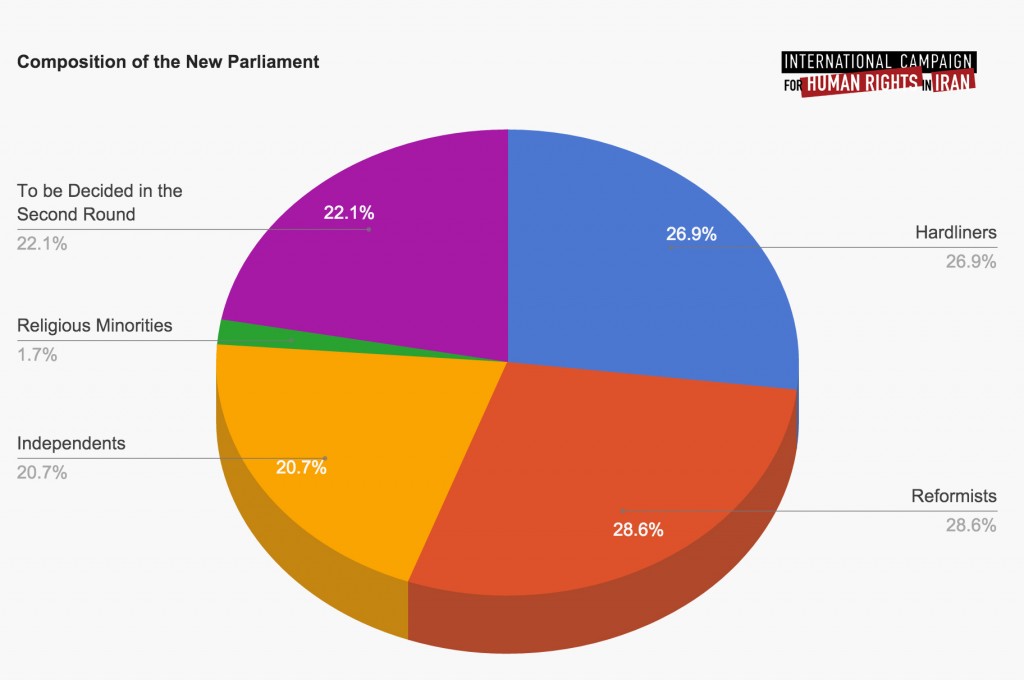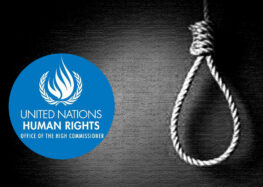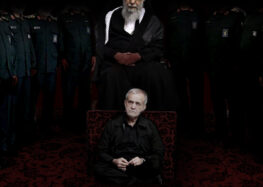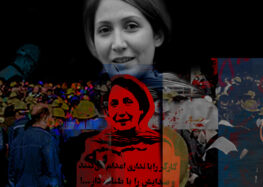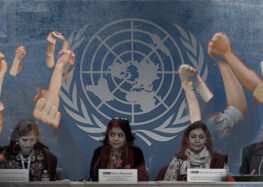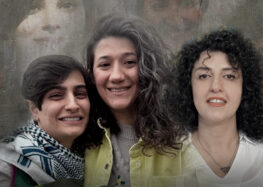Iran Vote: Political Freedoms Must Be Rouhani’s Top Priority
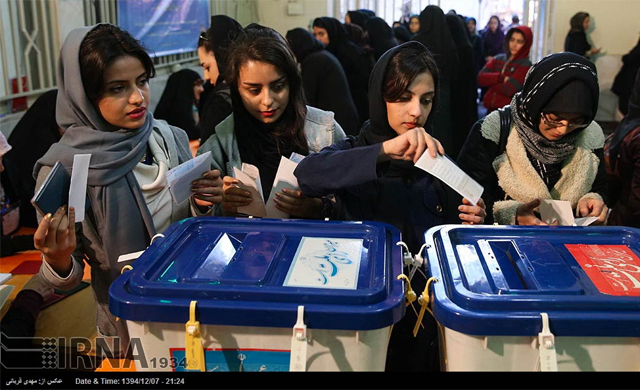
Electorate Wants Human Rights and Rouhani Must Deliver
March 1, 2016—In the elections for Parliament and the Assembly of Experts held across Iran on February 26, the Iranian electorate handed the country’s supreme leader, Ali Khamenei, and the hardline candidates he openly supported, a significant setback, voting in moderate candidates in many cities and provinces across the country, including sweeping all the seats in the capital of Tehran.
While in the current Parliament, conservatives occupy some two-thirds of the 290 seats, in the new Parliament, moderates and independents captured nearly 50% of the seats (most likely to increase after the second round), eliminating the hardliners’ lock hold on the legislature.
“These elections were a referendum on hardline policies, and the people of Iran rejected them,” said Hadi Ghaemi, executive director of the International Campaign for Human Rights in Iran.
“Iranian people want change and they expect Rouhani to deliver on his promises of domestic reforms. He has no more excuses,” Ghaemi said.
“After years of arrests, repression, censorship, and banning, reformists still have a huge base. And despite the massive disqualifications of candidates, they mobilized it to support Rouhani’s agenda,” he added.
According to the Iranian Student News Agency (ISNA), of the 290 seats in Iran’s new 10th Parliament, 28% went to the reformists, 27% to the hardliners, 21% to independents, and 2% religious minorities. Some 22% went to a second round, as they did not get enough votes in the first round.
This means that hardliners, who had a strong majority in the previous Parliament (a coalition of conservative groups had roughly 70% of the seats in the 9th Parliament), will no longer have absolute power. Moreover, the new balance will allow moderates to enter into coalitions with independents, further strengthening their political power. Many of these independent candidates had avoided campaigning with reformists in order to avoid their own disqualifications.
Early on it looked like the game was hopelessly rigged. The hardline Guardian Council, charged with vetting all candidates in the Islamic Republic and beholden to Khamenei, disqualified the vast majority of reformist candidates.
But President Rouhani and the country’s moderate forces, led by reformist former president Mohammad Khatami and former president Akbar Hashemi Rafsanjani, regrouped and pulled in new, often independent candidates who agreed to run on their centrists and reformists lists, and then launched a campaign on social media urging people to vote for their “Hope” lists.
Many of these candidates were not well known to the public. But the election was less about who to elect than who not to elect, and the strategy pushed by the moderates—who outflanked the hardliners in what became a direct showdown between political forces in the country—was to urge the electorate to vote for their entire list, thereby filling all of the slots and shutting out the most hardline candidates.
The strategy was highly successful. In Tehran, for example, all 30 candidates on the moderate’s list for the Parliament were voted in to the city’s 30 slots, locking out the extreme hardliners.
The powerful Mohammad Yazdi, Head of the Assembly of Experts, and Mohammad Taghi Mesbah Yazdi, a leading hardline ideologue, were voted out of the Assembly. Ahmad Jannati, the hardline Head of the Council of Guardians, only just held onto his seat—he was the last person, the 16th, on the list of those who entered the Assembly from Tehran.
While conservatives did make gains in many cities and provinces, it is remarkable that the reformist and centrist lists, which, due to the disqualifications, contained many names unknown to the voters, were still often able to beat hardline candidates vigorously promoted by the state controlled media, hardline Friday prayer leaders, and other bastions of state power in Iran including the supreme leader.
Indeed, two days before the election, Khamenei defended “hardliners” and their ideology, explicitly taking sides in the election. Yet two days later, the people’s rejection of many of these candidates, and the demonstrated continuing political capital of reformist figures who backed Rouhani’s strategy of the “Hope” lists, was undeniable.
The new Parliament also brought in fourteen new women, eight of them reformists. More women may enter in the second round.
Social media emerged as a major platform for the moderates. While the massive state media and broadcasting machinery was controlled by hardliners, it could not compete with platforms such as the mobile app Telegram, with its 20 million users in the country, which was used heavily to promote the moderate lists.
Recognizing the threat, hardliners exerted tremendous pressure to have social networks shut down, but Rouhani’s Ministry of Communications resisted and kept it open.
Figures that hardliners had sought to silence also played a significant role. Reformist former president Khatami loomed large, despite the fact that his presence, voice or even image has been officially banned from public life. He posted one video urging all to vote for the moderate list, and it quickly went viral on numerous social media networks.
In his video message he urged: “…those who have a view to the country’s best interests…must make an attempt to vote for…all the individuals on both lists, I repeat, to all the individuals on both lists, in order to take a step towards the country’s honor, strengthened security and stability, and improvement and reforms.”
Even those the authorities had tried to silence through prison made their voices heard and urged people to vote. Amin Ahmadian, husband of imprisoned women’s activist Bahareh Hedayat, wrote on his Instagram page on February 25: [Bahareh] said I should take her birth certificate to her when I go to visit her. She said she would drop her vote into a portable ballot box in Evin [Prison] next Friday.”
Fakhrosadat Mohtashamipour, wife of reformist political prisoner and former Deputy Minister of Interior, Seyed Mostafa Tajzadeh, published his message on her Facebook page: “February 26 is the people’s turn to disqualify Jannati and others…. Together, we will all take steps for this civil and legal disqualification.”
The reformist website Kaleme reported that Mir Hossein Mousavi and Zahra Rahnavard cast their votes from their homes where they have been held under house arrest for five years for their role in the Green Movement, which arose out of the disputed 2009 presidential election in Iran.
During many campaign events, people openly called for the release of political prisoners, reflecting the changes people have been waiting for since Rouhani assumed office in 2013. They chanted, “First step: nuclear deal. Second step: Parliament. Third step: Release of political prisoners and Green Movement leaders.”
“We voted. Now Rouhani must deliver on his promise of two years ago and release the political prisoners,” said Shayesteh Shahidi, the mother of political prisoner Ali Shariati in an interview with the Campaign.
Former President Khatami echoed the message, saying to his supporters and President Rouhani: “The people demand realization of all the [campaign] slogans and plans the President presented and for which the people voted.”
“The people have spoken,” said Ghaemi. “Now it is time for the government to deliver on its pledges of political and social reform.”

